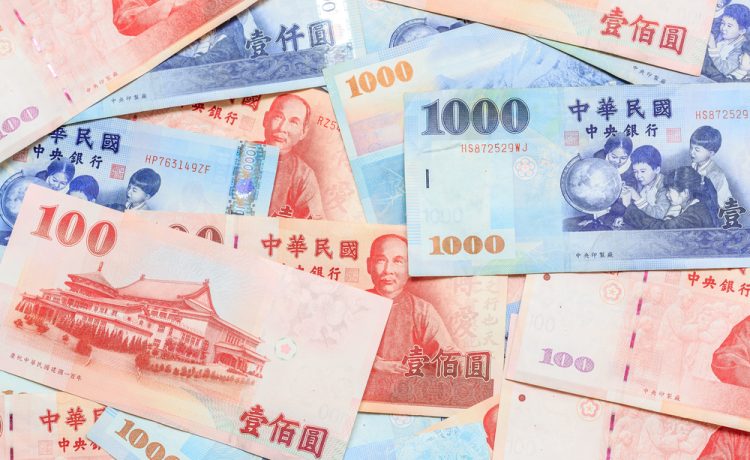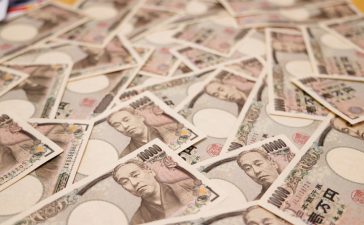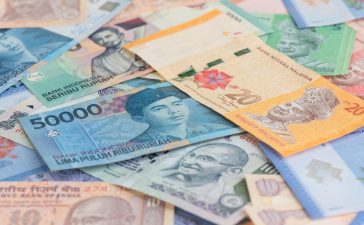The Taiwan dollar and South Korean won fell 0.2% each and Australian dollar slumped 0.9%
Most Asian currencies fell on Monday as worsening civil unrest in China over its strict anti-COVID policy rattled sentiment, while the dollar rose as fears of a Chinese economic slowdown drummed up safe haven demand.
China’s yuan fell 0.4% to 7.1997 against the dollar and traded at an over two-week low, while the offshore yuan fell 0.2%. While both currencies trimmed initial losses, their outlook remained bleak.
Chinese protestors clashed with the police in several major cities over the weekend, amid growing public discontent over the government’s strict anti-COVID measures. A deadly fire in Ürümqi, which was linked to the lockdown measures, triggered a wave of protests in the country.
The unrest could now potentially further hamper Chinese economic growth, which is already reeling from the country’s strict anti-COVID measures this year. China is also grappling with a record-high increase in daily COVID-19 cases.
Currencies of countries with a high trade exposure to China fared poorly. The Taiwan dollar and South Korean won fell 0.2% each.
The Australian dollar slumped 0.9%, also coming under pressure from weaker-than-expected retail sales data.
The U.S. dollar index and dollar futures rose 0.4% each to over 106, recovering from recent losses amid increased safe haven demand for the greenback. Global commodity markets tumbled on Monday amid fears of worsening demand in China.
But gains in the dollar were held back by growing expectations that the Federal Reserve will hike interest rates by a smaller margin in the coming months. Such a scenario is positive for Asian currencies, and spurred strong gains over the past two weeks.
However, markets remain uncertain over where U.S. interest rates will peak, given that inflation is still well above the Fed’s target. This sentiment may limit gains in Asian currencies in the near-term.
Among other Asian currencies, the Japanese yen rose 0.4% on Monday, benefiting from a mix of safe-haven demand and bargain buying.





